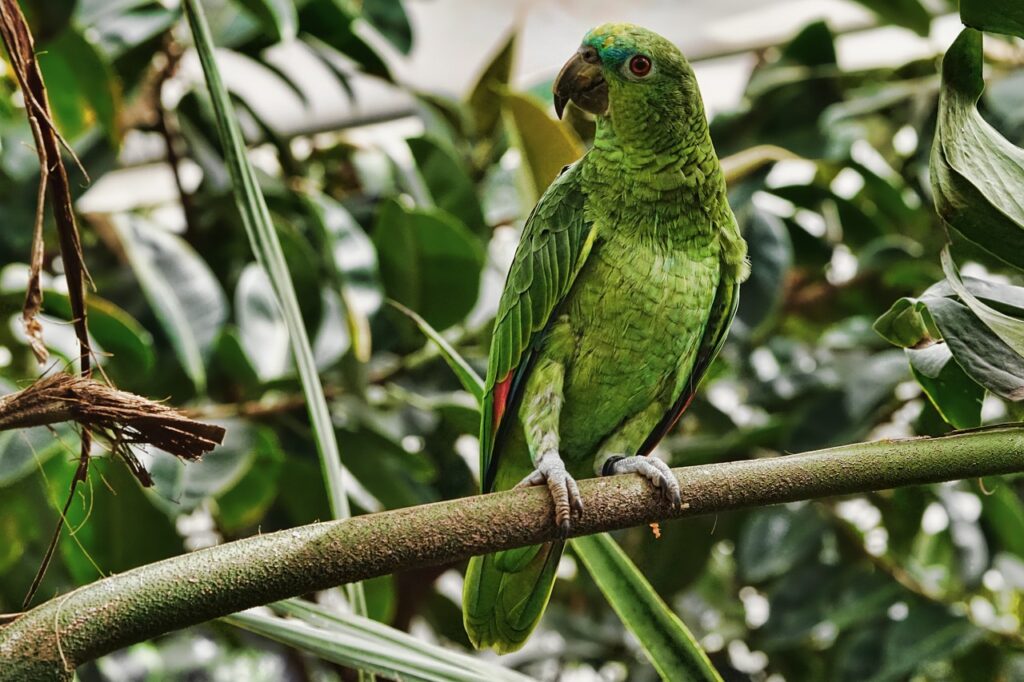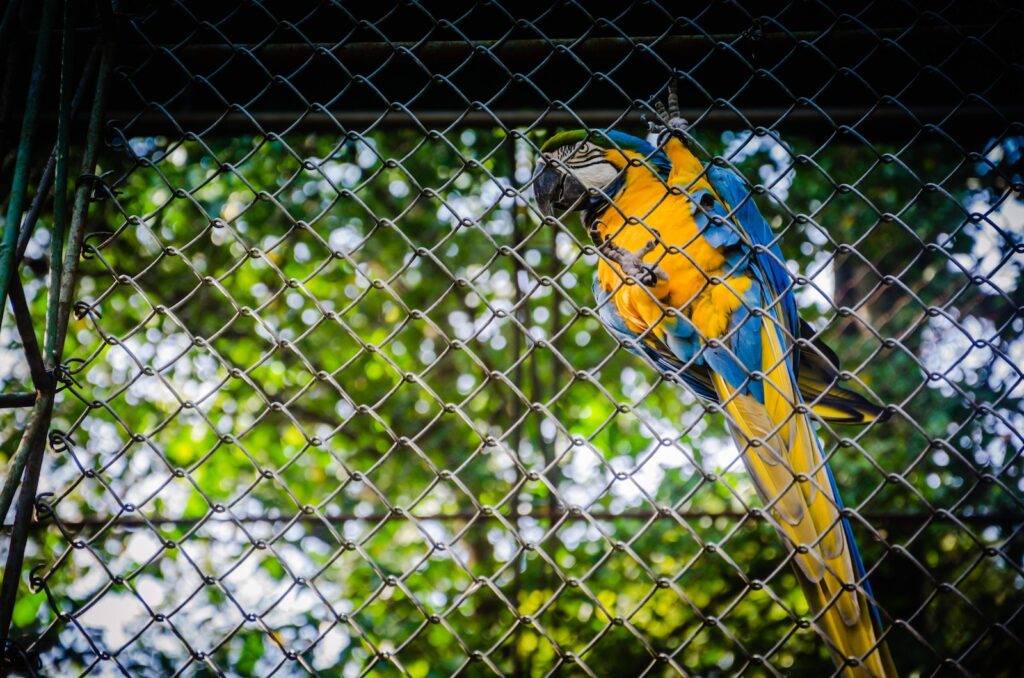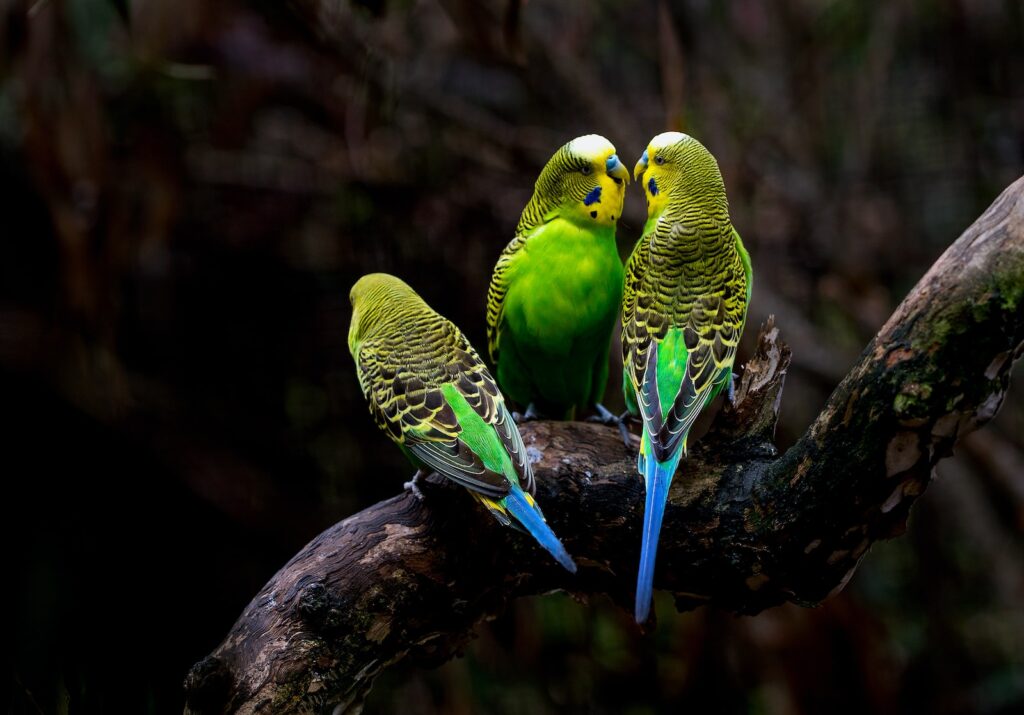Should Parrots Try Butternut Squash? – Yes, Absolutely Safe
When it comes to the question of whether our colorful feathered friends, parrots, can enjoy butternut squash, the answer is a resounding ‘Yes, Absolutely Safe’. Butternut squash is not just safe for parrots to eat but is also packed with vitamins and nutrients that can contribute to their overall health. It’s a deliciously sweet vegetable that most parrots find irresistible.
Nutritional Benefits of Butternut Squash for Parrots
- Butternut squash is rich in Vitamins A and C, beneficial for a parrot’s immune system and vision.
- It includes calcium and magnesium, which are essential for healthy bones and feather growth.
- Being high in fiber, butternut squash supports digestive health in parrots.
- This squash is low in fat, making it an excellent choice for maintaining a parrot’s weight.
Feeding Butternut Squash to Your Parrot
Parrots can be offered butternut squash a few times a week. The quantity should be limited to a few small pieces to prevent any digestive issues and to maintain a balanced diet. Always wash the squash thoroughly, cook it without any seasonings, and let it cool down before serving it to your parrot.
Points To Consider Before Feeding Squash
While butternut squash is safe for parrots, it should be introduced into their diet gradually. Observe your parrot for any unusual reactions. It’s critical to remove any uneaten squash after a few hours to prevent the growth of harmful bacteria. Never feed them the hard skin or seeds as those can be choking hazards and are difficult to digest.
Diverse Diets for Feathered Pets
Many other pets, like guinea pigs and rabbits, can also safely enjoy butternut squash. However, the portion size and frequency might differ due to their unique dietary needs. Be sure to research or consult a vet for other pets before adding new items to their diet.
Conclusion
In conclusion, butternut squash is a superb addition to a parrot’s diet. It’s full of beneficial nutrients that support health and is generally loved by these birds. Even though it’s safe, it is still important to practice responsible feeding by managing portions and ensuring they eat a variety of foods for a balanced diet. Happy and healthy feeding leads to a joyful parrot with vibrant feathers.



